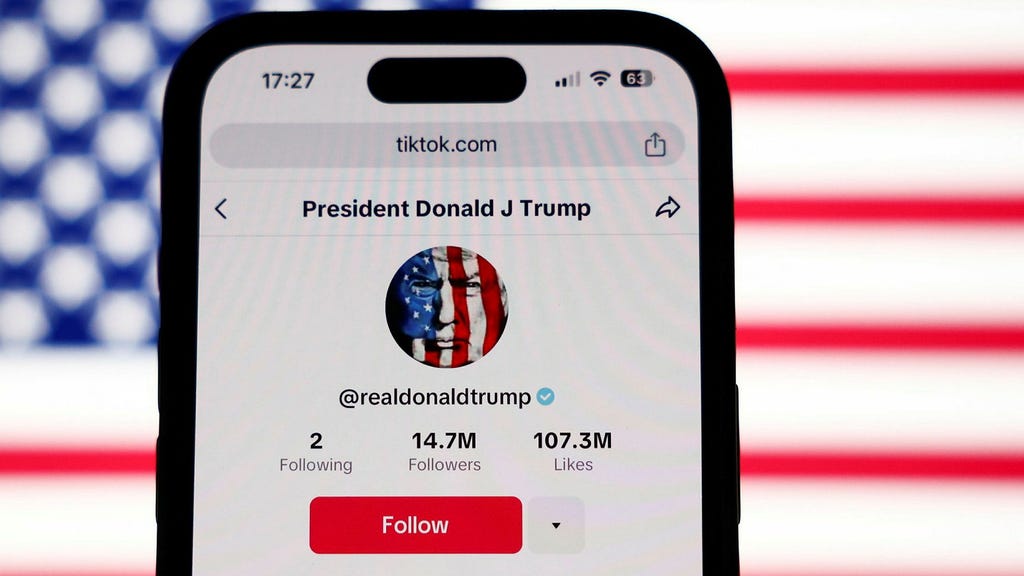The fate of TikTok in the United States hangs precariously in the balance, ensnared in a complex web of legal battles, national security concerns, and political maneuvering. The popular social media platform, owned by the Chinese company Bytedance, faces an ultimatum imposed by a recent law: divest to an American company or be banished from the lucrative U.S. market. This legal mandate, now challenged by Bytedance in the Supreme Court, sets a rapidly approaching deadline of January 19th, just one day before the inauguration of President-elect Donald Trump, adding another layer of urgency to the already tense situation.
The heart of the contention lies in allegations by the U.S. government that TikTok poses a significant threat to national security due to its purported links to the Chinese state. These concerns stem from the potential for data harvesting and manipulation, raising fears that the Chinese government could access sensitive information about American users or exert influence through the platform’s vast reach. Bytedance vehemently denies these accusations, asserting that they operate independently and do not share data with the Chinese government. They further contend that the forced sale violates principles of free speech and sets a dangerous precedent for international businesses operating in the U.S.
Adding to the complexity, President Trump seeks to delay the legal proceedings, requesting a postponement of the January 10th Supreme Court hearing. His stated intention is to explore alternative ”political solutions” outside the courtroom, potentially through negotiations or alternative arrangements that could avoid a complete ban. This intervention raises questions about the separation of powers and the potential influence of political considerations on a legal process designed to address national security concerns.
The potential consequences of a TikTok ban in the U.S. are far-reaching. For Bytedance, it represents the loss of a massive market, impacting their global growth strategy and potentially setting a precedent for similar challenges in other countries. For American users, particularly the younger demographic that constitutes a large portion of TikTok’s user base, it signifies the disappearance of a popular platform for entertainment, communication, and creative expression. Furthermore, the legal battle and its outcome could have broader implications for the regulatory landscape surrounding international technology companies operating within the U.S., potentially influencing future policies and legal frameworks.
The legal arguments presented by both sides underscore the inherent tension between competing interests. The U.S. government emphasizes the imperative of protecting national security in an increasingly interconnected and digitally driven world, arguing that potential risks posed by foreign-owned technology platforms necessitate stringent oversight and, in extreme cases, outright bans. Bytedance, on the other hand, champions the principles of free speech and open markets, arguing that the forced sale not only infringes on their rights but also creates a chilling effect on international investment and innovation within the U.S. The Supreme Court will need to weigh these competing claims carefully, navigating the delicate balance between national security and economic freedoms.
The unfolding drama surrounding TikTok’s fate in the U.S. serves as a microcosm of the larger geopolitical tensions and technological rivalries between the U.S. and China. It highlights the growing scrutiny faced by Chinese tech companies operating globally and the challenges of balancing national security concerns with the principles of free trade and international cooperation. The ultimate resolution of this legal battle will have significant ramifications, shaping not only the future of TikTok but also the broader landscape of technology regulation and international relations in the years to come. The decision rests with the Supreme Court, whose ruling will have profound consequences for the future of digital platforms operating within the U.S. and the delicate balance between national security and freedom of expression. The world watches as this high-stakes legal drama unfolds, anticipating a decision that will set a precedent for similar cases in the future.














